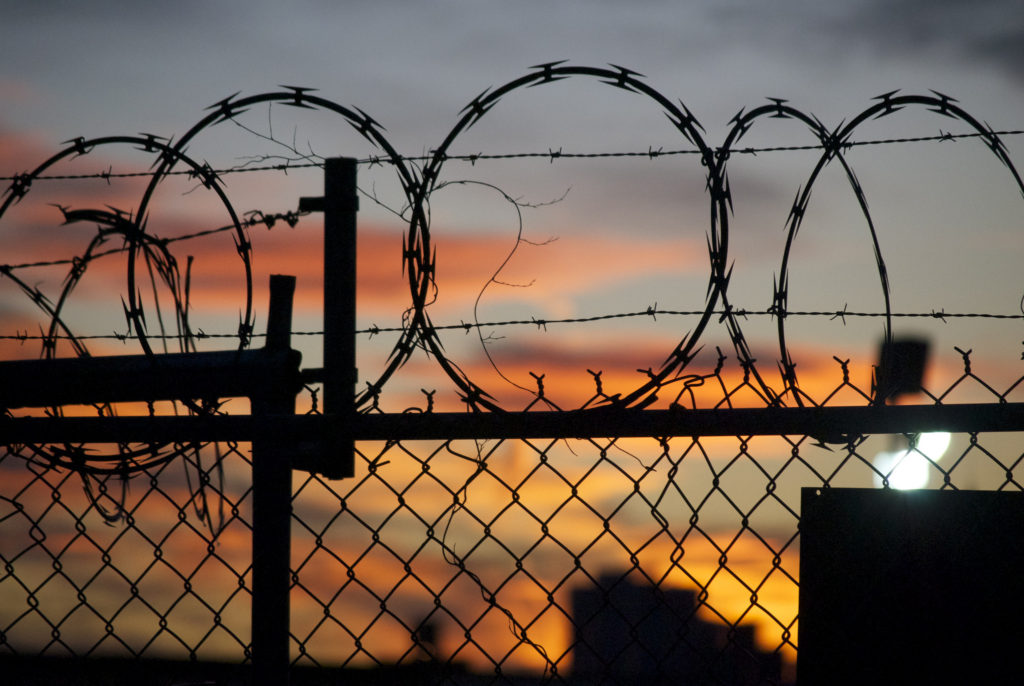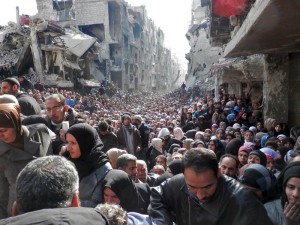During the season of Lent this year, as we lament the ways that both we and the world in in which we live are broken, my church community is particularly focusing on the theme of imprisonment, the liberating power of Christ, and the places where we long to see that freedom break through.
Celine Chuang, another writer in our community, put together a beautiful booklet of readings for each day of the season, inviting us to use poetry, prose, and visual art to engage with the question, “What prisons – whether literal, spiritual, physical, or structural – are present in our world today: in our city, country, society, and in ourselves?” In this booklet, familiar voices from our own neighborhood find their way onto the page alongside those of theologians, activists, and artists from around the world, exploring what it means to “acknowledge and lament imprisonment” and to “posture ourselves towards and participate in liberation from these forms of captivity.”
The first step to getting somewhere is knowing where you want to go. And so as we seek to live into the vision of God’s Kingdom on earth, we are trying to imagine together: “What does freedom from prisons look like?”
The poem below was my attempt to name some of the prisons I see around me and to envision a life beyond them.
Prisons of Our Own Making: Fear in the Age of the Refugee
We
imprisoned by narratives of fear
and scarcity
label the other as
Terrorist;
Illegal:
taker of lives,
taker of jobs,
taking away our homogeneity
and sense of security.
We call our prison a fortress,
believing it is we
who have prevailed over
the chaos outside,
and not our own fear
that has won by
relegating our existence
to captivity and isolation.
And they—
those from whom
we have separated from ourselves
by language
by place of origin
by passport stamp–
or lack thereof–
they
are imprisoned, too.
But their cells are not
the walls of their own imagining.
They are the real cement and iron
of immigration detention centres
turning profit
by the bed
by the day,
punishing the audacity
of those who have the nerve to
cross politically imagined lines in the sand
and seek opportunity
seek safety
seek survival.
What would it be
if we could look them in the eye
and see
not outsider
or villain
or poster child
or political symbol
or threat to our way of life,
but a reflection
of ourselves?
A spark of the Divine;
a life that’s on the line.
A human being
who belongs,
and who longs
to be free?

